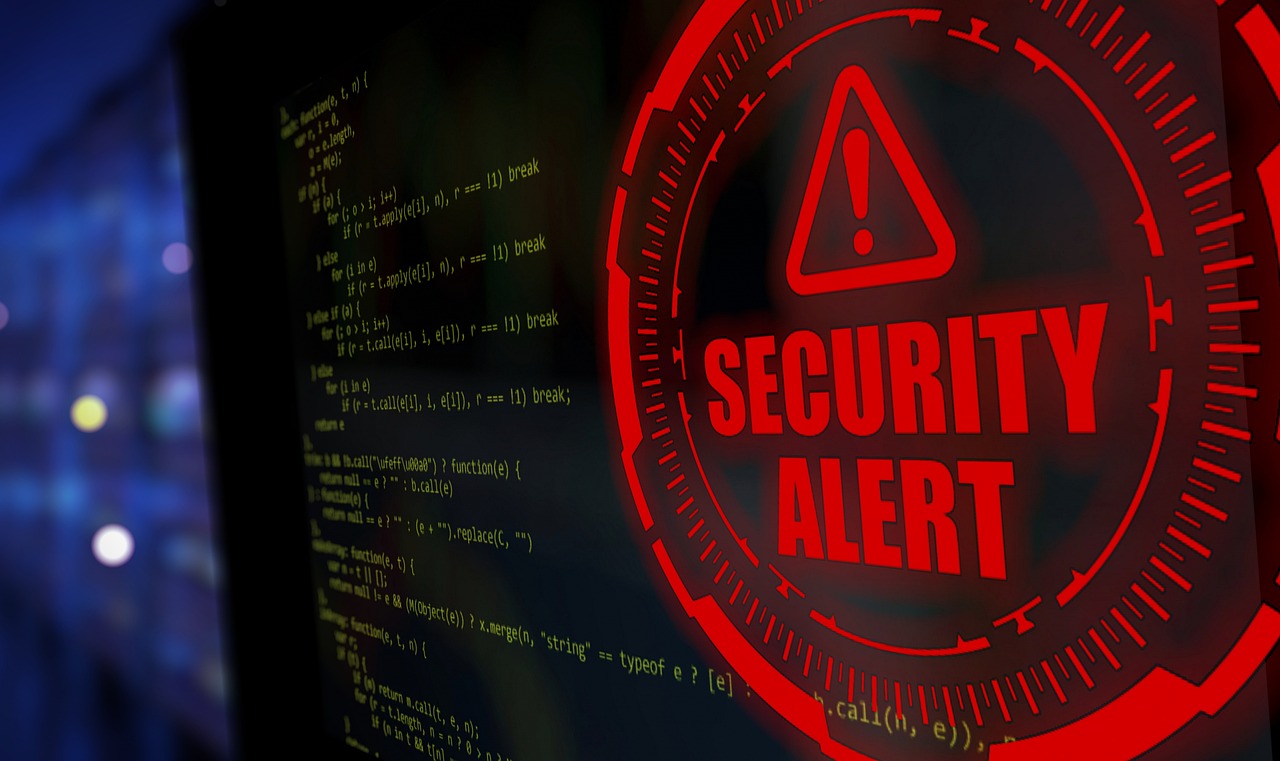1. EXECUTIVE SUMMARY
CVSS v4 9.3
ATTENTION: Exploitable remotely/low attack complexity
Vendor: Rockwell Automation
Equipment: ThinManager ThinServer
Vulnerabilities: Improper Input Validation
2. RISK EVALUATION
Successful exploitation of these vulnerabilities could allow an attacker to execute arbitrary code or cause a denial-of-service condition.
3. TECHNICAL DETAILS
3.1 AFFECTED PRODUCTS
The vulnerabilities exist in the following versions of ThinManger ThinServer:
ThinManager ThinServer: Versions 11.1.0, 11.2.0, 12.0.0, 12.1.0, 13.0.0, 13.1.0, 13.2.0 (CVE-2024-5988, CVE-2024-5989)
ThinManager ThinServer: Versions 11.1.0, 11.2.0, 12.0.0, 12.1.0, 13.0.0, 13.1.0 (CVE-2024-5990)
3.2 Vulnerability Overview
3.2.1 IMPROPER INPUT VALIDATION CWE-20
Due to an improper input validation, an unauthenticated threat actor can send a malicious message to invoke a local or remote executable and cause a remote code execution condition on the affected device.
CVE-2024-5988 has been assigned to this vulnerability. A CVSS v3.1 base score of 9.8 has been calculated; the CVSS vector string is (AV:N/AC:L/PR:N/UI:N/S:U/C:H/I:H/A:H).
A CVSS v4 score has also been calculated for CVE-2024-5988. A base score of 9.3 has been calculated; the CVSS vector string is (CVSS4.0/AV:N/AC:L/AT:N/PR:N/UI:N/VC:H/VI:H/VA:H/SC:N/SI:N/SA:N).
3.2.2 IMPROPER INPUT VALIDATION CWE-20
Due to an improper input validation, an unauthenticated threat actor can send a malicious message to invoke SQL injection into the program and cause a remote code execution condition on the affected device.
CVE-2024-5989 has been assigned to this vulnerability. A CVSS v3.1 base score of 9.8 has been calculated; the CVSS vector string is (AV:N/AC:L/PR:N/UI:N/S:U/C:H/I:H/A:H).
A CVSS v4 score has also been calculated for CVE-2024-5989. A base score of 9.3 has been calculated; the CVSS vector string is (CVSS4.0/AV:N/AC:L/AT:N/PR:N/UI:N/VC:H/VI:H/VA:H/SC:N/SI:N/SA:N).
3.2.3 IMPROPER INPUT VALIDATION CWE-20
Due to an improper input validation, an unauthenticated threat actor can send a malicious message to a monitor thread within ThinServer and cause a denial-of-service condition on the affected device.
CVE-2024-5990 has been assigned to this vulnerability. A CVSS v3.1 base score of 7.5 has been calculated; the CVSS vector string is (AV:N/AC:L/PR:N/UI:N/S:U/C:N/I:N/A:H).
A CVSS v4 score has also been calculated for CVE-2024-5990. A base score of 8.7 has been calculated; the CVSS vector string is (CVSS4.0/AV:N/AC:L/AT:N/PR:N/UI:N/VC:N/VI:N/VA:H/SC:N/SI:N/SA:N).
3.3 BACKGROUND
CRITICAL INFRASTRUCTURE SECTORS: Critical Manufacturing
COUNTRIES/AREAS DEPLOYED: Worldwide
COMPANY HEADQUARTERS LOCATION: United States
3.4 RESEARCHER
Rockwell Automation reported these vulnerabilities to CISA.
4. MITIGATIONS
Rockwell Automation has corrected the reported vulnerabilities in the following versions available at the ThinManager download site:
11.1.8, 11.2.9 12.0.7, 12.1.8, 13.0.5, 13.1.3, 13.2.2
Rockwell Automation recommends users of the affected software to apply the risk mitigations from the list below. Users are also recommended to implement Rockwell Automation’s suggested security best practices to minimize the potential risk of vulnerability.
Update to the corrected software versions via the ThinManager Downloads Site
Limit remote access for TCP Port 2031 to known thin clients and ThinManager servers.
Security Best Practices
CISA recommends users take defensive measures to minimize the risk of exploitation of these vulnerabilities, such as:
Minimize network exposure for all control system devices and/or systems, ensuring they are not accessible from the internet.
Locate control system networks and remote devices behind firewalls and isolating them from business networks.
When remote access is required, use more secure methods, such as Virtual Private Networks (VPNs), recognizing VPNs may have vulnerabilities and should be updated to the most current version available. Also recognize VPN is only as secure as the connected devices.
CISA reminds organizations to perform proper impact analysis and risk assessment prior to deploying defensive measures.
CISA also provides a section for control systems security recommended practices on the ICS webpage on cisa.gov/ics. Several CISA products detailing cyber defense best practices are available for reading and download, including Improving Industrial Control Systems Cybersecurity with Defense-in-Depth Strategies.
CISA encourages organizations to implement recommended cybersecurity strategies for proactive defense of ICS assets.
Additional mitigation guidance and recommended practices are publicly available on the ICS webpage at cisa.gov/ics in the technical information paper, ICS-TIP-12-146-01B–Targeted Cyber Intrusion Detection and Mitigation Strategies.
Organizations observing suspected malicious activity should follow established internal procedures and report findings to CISA for tracking and correlation against other incidents.
No known public exploitation specifically targeting these vulnerabilities has been reported to CISA at this time.
5. UPDATE HISTORY
July 11, 2024: Initial Publication

